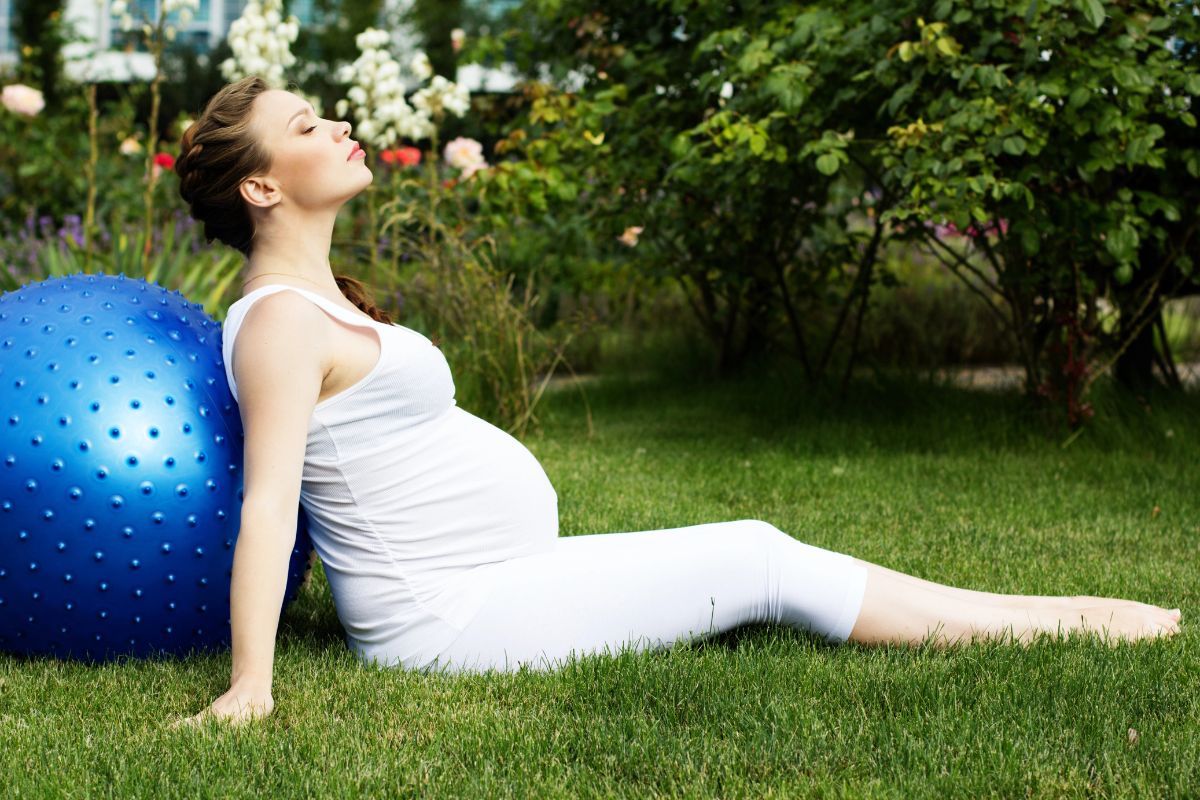Pregnancy is a transformative journey that impacts not only a woman’s body but also her musculoskeletal system. Understanding these changes can help expectant mothers manage discomfort and maintain optimal health during this crucial period.
One of the most notable musculoskeletal changes during pregnancy is the increased curvature of the lumbar spine, often resulting in lower back pain. As the abdomen expands to accommodate the growing baby, the center of gravity shifts forward, placing additional stress on the lower back muscles and ligaments. This can lead to discomfort and, in some cases, exacerbate pre-existing back conditions. Engaging in gentle exercises like prenatal yoga or swimming can help alleviate strain and improve posture.
Another common change is the relaxation of ligaments due to hormonal fluctuations, particularly the hormone relaxin. Relaxin facilitates the loosening of ligaments and joints in the pelvis to prepare for childbirth. While this is essential for labor and delivery, it can also increase the risk of musculoskeletal injuries, such as sprains and strains. Expectant mothers should practice caution when engaging in physical activities and avoid overexertion to prevent injury.
Additionally, the increase in weight and shift in body mechanics during pregnancy can lead to joint discomfort, particularly in the hips and knees. Hormonal changes, along with the redistribution of weight, can place strain on these joints, resulting in pain and stiffness. Utilizing supportive footwear and practicing proper body mechanics, such as avoiding prolonged standing or sitting in one position, can help alleviate discomfort and prevent further strain on the joints.
In conclusion, understanding the musculoskeletal changes that occur during pregnancy is essential for expectant mothers to manage discomfort and maintain optimal health. By incorporating gentle exercises, practicing caution during physical activities, and implementing proper body mechanics, women can mitigate the impact of these changes and enjoy a smoother pregnancy journey. Consulting with healthcare professionals, such as obstetricians or physical therapists, can provide tailored guidance and support throughout this transformative experience.
One of the most notable musculoskeletal changes during pregnancy is the increased curvature of the lumbar spine, often resulting in lower back pain. As the abdomen expands to accommodate the growing baby, the center of gravity shifts forward, placing additional stress on the lower back muscles and ligaments. This can lead to discomfort and, in some cases, exacerbate pre-existing back conditions. Engaging in gentle exercises like prenatal yoga or swimming can help alleviate strain and improve posture.
Another common change is the relaxation of ligaments due to hormonal fluctuations, particularly the hormone relaxin. Relaxin facilitates the loosening of ligaments and joints in the pelvis to prepare for childbirth. While this is essential for labor and delivery, it can also increase the risk of musculoskeletal injuries, such as sprains and strains. Expectant mothers should practice caution when engaging in physical activities and avoid overexertion to prevent injury.
Additionally, the increase in weight and shift in body mechanics during pregnancy can lead to joint discomfort, particularly in the hips and knees. Hormonal changes, along with the redistribution of weight, can place strain on these joints, resulting in pain and stiffness. Utilizing supportive footwear and practicing proper body mechanics, such as avoiding prolonged standing or sitting in one position, can help alleviate discomfort and prevent further strain on the joints.
In conclusion, understanding the musculoskeletal changes that occur during pregnancy is essential for expectant mothers to manage discomfort and maintain optimal health. By incorporating gentle exercises, practicing caution during physical activities, and implementing proper body mechanics, women can mitigate the impact of these changes and enjoy a smoother pregnancy journey. Consulting with healthcare professionals, such as obstetricians or physical therapists, can provide tailored guidance and support throughout this transformative experience.
